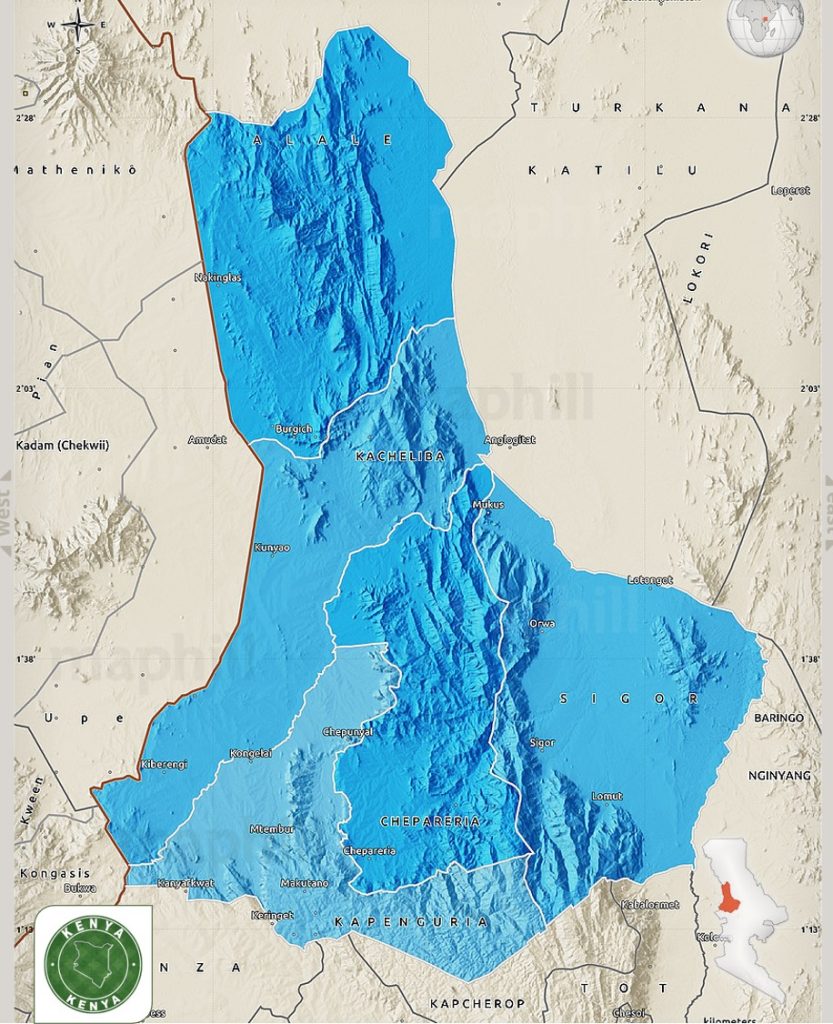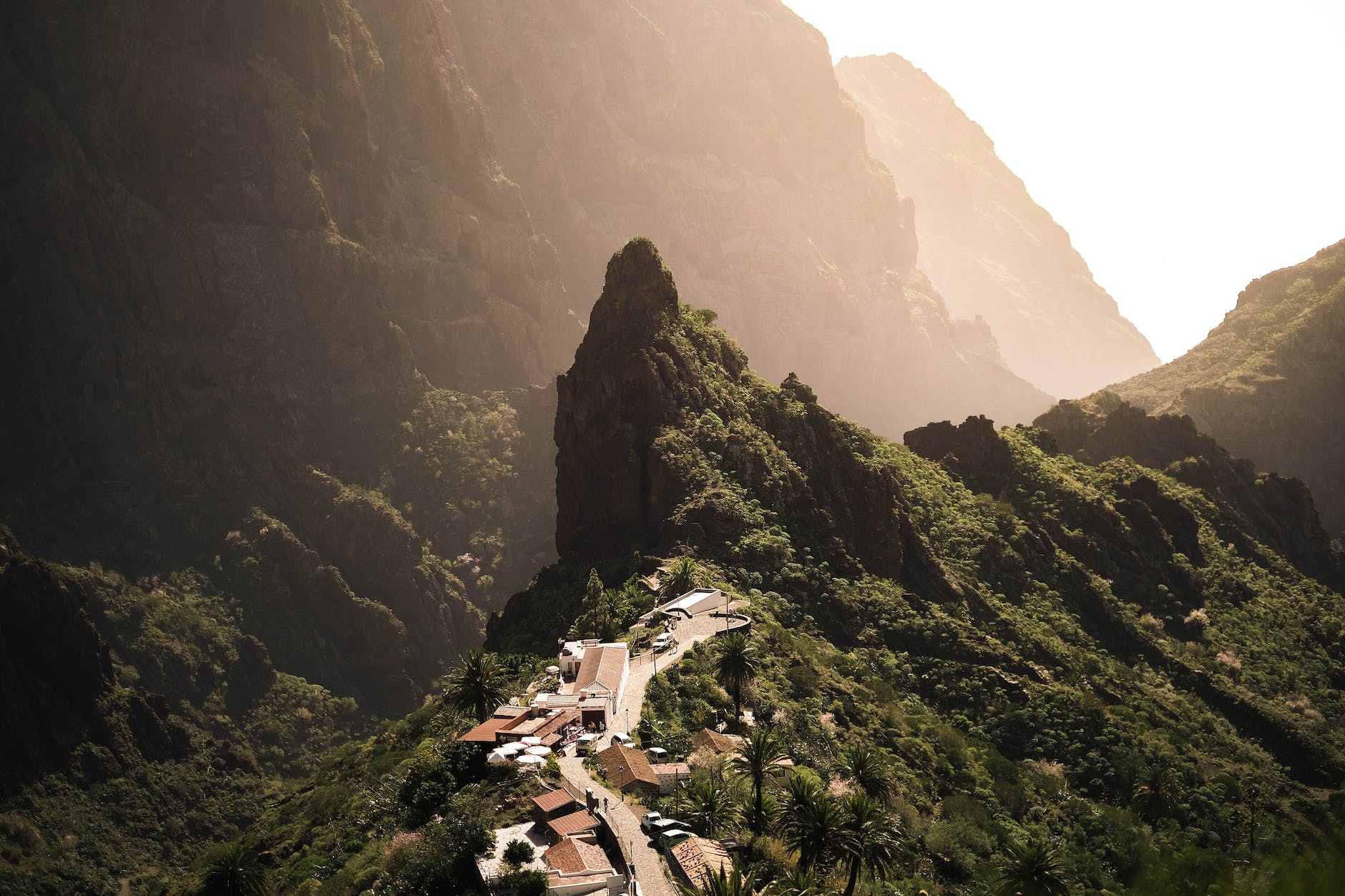West Pokot County, located in the northwestern part of Kenya, is a region of rugged landscapes, rich cultural heritage, and diverse communities. Known for its striking landscapes and traditional pastoralism, the county is an inviting destination for those seeking to explore, study, work, invest, or reside in this unique part of Kenya.

Geopolitical Facts
The county shares its borders with neighboring counties, including Trans Nzoia, Baringo, Elgeyo Marakwet, Turkana, and Uganda. Its location places it in the northwestern region of Kenya.
Unique Facts in Numbers
- Area: West Pokot County spans across 8,418 square kilometers, offering a diverse geographical landscape of mountains, valleys, and plains.
- Population: The county had an estimated population of over 850,000 people in 2019, creating a vibrant and close-knit community.
- Constituencies: West Pokot County comprises four constituencies, each with its unique attributes and contributions to the county’s development.
Socio-Economic Activities
- Ethnic Diversity: The county hosts various ethnic communities, with the Pokots and Marakwets being the dominant groups. Traditional pastoralism is the primary livelihood, with other communities like the Turkana, Karamojong, and Samburu also engaged in pastoralism and trade.
- Livestock Farming: West Pokot County’s economy is strongly anchored in livestock farming, including cattle, goats, and sheep. The county is known for its cattle rustling culture and traditional nomadic lifestyle.
- Cultural Heritage: The county is rich in cultural heritage, with traditional attire, songs, dances, and folklore forming an essential part of its identity.
Natural Attractions
- Cherangany Hills: The Cherangany Hills, part of the Great Rift Valley, offer captivating beauty and stunning vistas.
- Sebei Hill: This unique hill formation is an interesting geographical feature and a popular spot for tourists and hikers.
- Kapenguria Museum: The museum is a historical attraction, preserving Kenya’s history, including artifacts from the struggle for independence.
Challenges Hindering Development
- The county faces various development challenges, including limited access to education and healthcare services, infrastructural deficits, and occasional conflicts related to livestock and resources.
Economic Opportunities
- Livestock Farming: West Pokot County’s economic potential is closely tied to livestock farming, offering opportunities for growth, livestock trade, and supporting traditional pastoralist communities.
- Tourism: The county’s unique landscapes, cultural heritage, and historical sites like the Kapenguria Museum offer potential for tourism, making West Pokot County an interesting destination for visitors and investors alike.
West Pokot County is not only a land of pastoralism but also a land of opportunities, natural beauty, and cultural heritage. Its dynamic communities, rugged landscapes, and strong ties to traditional livelihoods contribute to a promising environment for growth and development.


Comments are closed